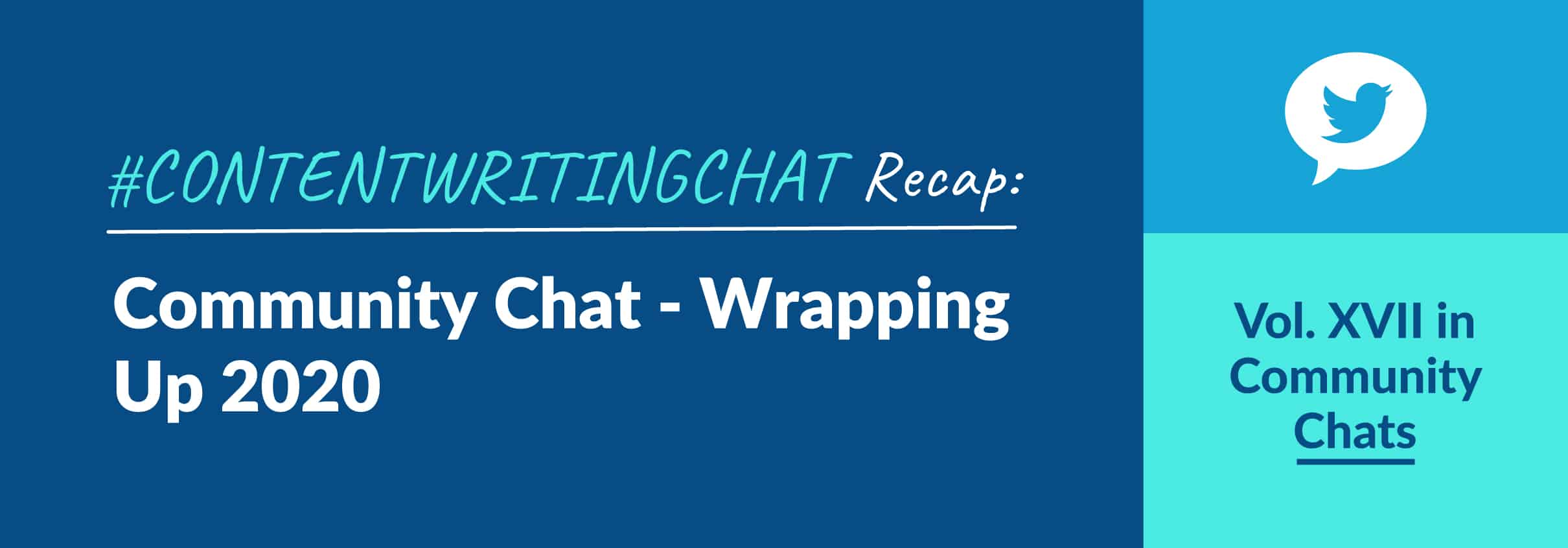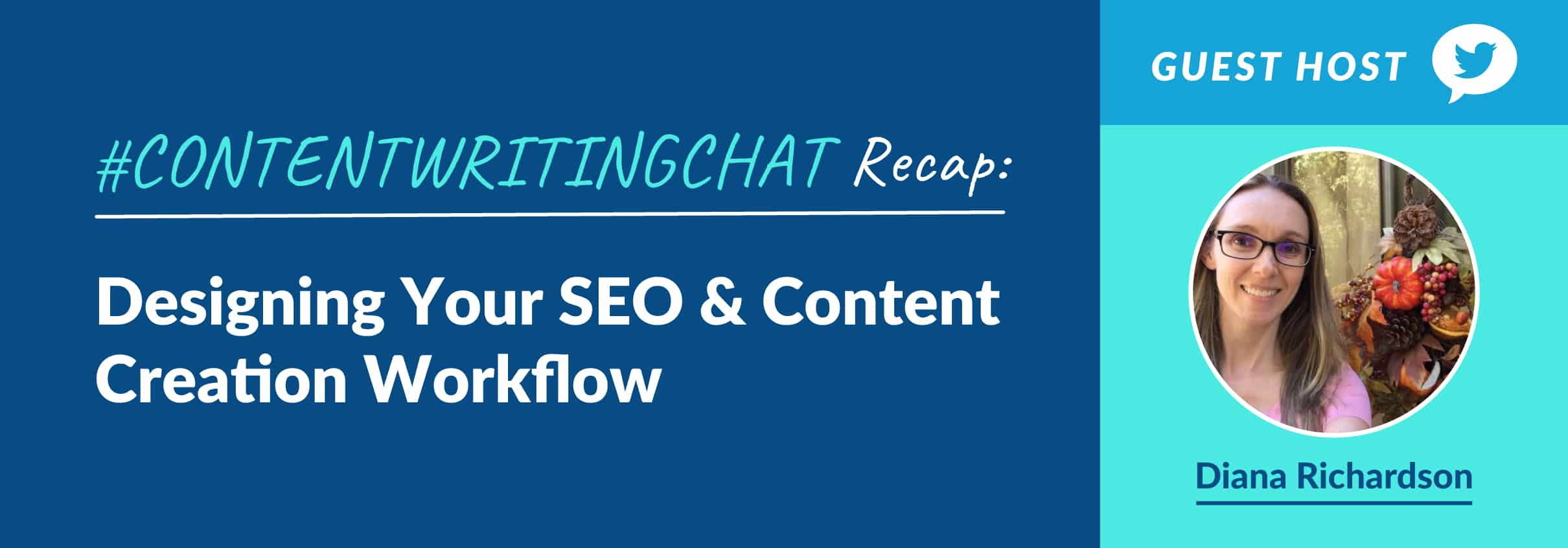
Blog posts, social media posts, ad copy… Writing has the power to help you attract your target audience...

Blog posts, social media posts, ad copy… Writing has the power to help you attract your target audience...

Are you taking extra measures to ensure your content is accessible to everyone? If not, or you’re unsure...

When did you last audit your social media presence? If it’s been a while, let this be your...

For this month’s chat, we wanted to do something a little different to our normal topics. We decided...

These days, having an authentic online brand is a huge factor in your success. After all, people want...

2021 is in full swing, friends! And if you want to make this the year you start getting...

Defining your audience personas is crucial if you want to create successful content. But if you aren’t sure...

If you want to step up your content marketing in 2021, you’re in the right place! For our...

Can you believe this year is quickly coming to a close? It seems like 2020 has flown by,...

Let’s talk about creating optimized content. How do you ensure you’re choosing the right topics? What can be...
No HR needed to get access to the best writers, editors, QAs, and strategists. We are your all-in-one content writing service delivering publish-ready content.
Copyright – 2025 Express Writers -All rights reserved